The timing was tight, but Sergio Gonzalez had done it. Gonzalez, a postdoctoral researcher at the Institute for Neurosciences of Montpellier (INSERM) in France, had a paper accepted in a top journal by the end of 2015, just in time to apply for a small number of highly sought-after permanent research positions that open up in France each year.
If Gonzalez had missed the January deadline for this system of advancement, known as concours, he would have had to wait until the following cycle to apply.
Once his paper was accepted by the Journal of Clinical Investigation, Gonzalez could breathe a sigh of relief. He began being invited to interviews. But then, a comment showed up at PubPeer.
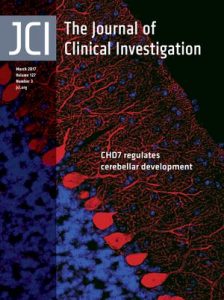
 When zoologists at the University of Oxford
When zoologists at the University of Oxford 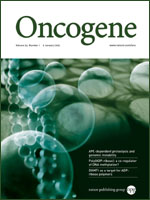 Here’s a rather odd case: When readers raised issues about some of the images in a 2008 cancer paper, the authors issued a correction last year. But when
Here’s a rather odd case: When readers raised issues about some of the images in a 2008 cancer paper, the authors issued a correction last year. But when 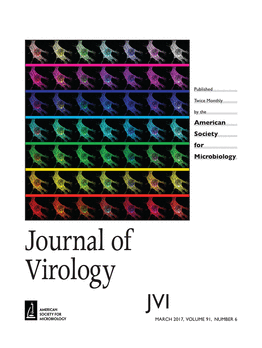 A group of researchers in France has been forced to retract their 2002 article in the
A group of researchers in France has been forced to retract their 2002 article in the 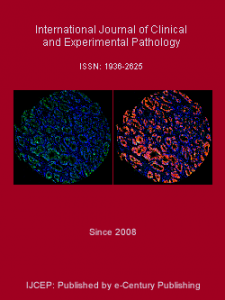
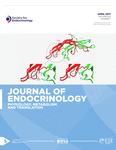 It would seem that resorting to legal means to avoid editorial notices doesn’t always work.
It would seem that resorting to legal means to avoid editorial notices doesn’t always work.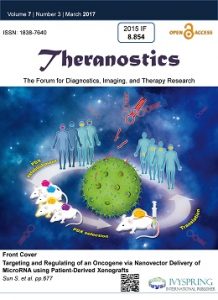
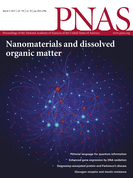
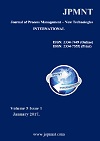 Here’s something we haven’t seen before: A journal based in Serbia recently began listing all the articles it has retracted, all due to plagiarism.
Here’s something we haven’t seen before: A journal based in Serbia recently began listing all the articles it has retracted, all due to plagiarism. Two blog posts are shining additional light on a recent retraction that included some unanswered questions — namely, the identity of the researcher who admitted to manipulating the results.
Two blog posts are shining additional light on a recent retraction that included some unanswered questions — namely, the identity of the researcher who admitted to manipulating the results.